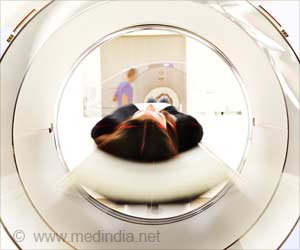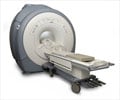- India's MRI systems market forecasted to grow over 13% yearly, reaching $950M by 2030
- Indigenous MRI scanner, using nitrogen and 1.5 Tesla magnets, aims for a 30% cost reduction
- The "Make-in-India" policy backs domestic medical device manufacturing, reducing import reliance
Modern Diagnostic Imaging Technique Applications and Risk Factors in the Medical Field: A Review
Go to source). As a result, GlobalData, a major data and analytics organization, predicts that the domestic MRI systems market will continue to rise at a compound yearly growth rate of more than 13%, reaching $950 by 2030.
India's Growing MRI Dominance
According to GlobalData's recent analysis, "India MRI Systems Market Size (Value, Volume, ASP) by Segments, and Forecast, 2015-2033," India would account for approximately 18% of the Asia-Pacific (APAC) MRI systems market in 2023. Ayshi Ganguly, Medical Devices Analyst at GlobalData, comments, “As India grapples with the challenges posed by various diseases, MRI scanners have become crucial in enhancing patient care, enabling informed decision-making, and offering a non-invasive three-dimensional view of the human body. Multinational players such as GE Healthcare, Philips Healthcare, and Siemens Healthineers AG dominate India’s MRI Systems market.”Bridging MRI Accessibility Gaps with Indigenous Solutions
Due to the high initial setup and maintenance costs, the market for MRI systems does not cater to small healthcare centers in semi-urban and rural locations. Furthermore, the scarcity of qualified technicians frequently makes operating high-end MRI scanners difficult. This necessitates the development of a more accessible and cost-effective alternative technology for the bulk of the Indian population.In this context, India unveiled its first-ever MRI scanner, which will be accessible for clinical research in October 2023. This high-speed device is lightweight since it is outfitted with bespoke software and hardware. Instead of the hardly accessible helium, this indigenous scanner uses nitrogen as a coolant. Furthermore, the adoption of more modern 1.5 Tesla magnets is predicted to lower scanning expenses by 30%.
Innovation and Policy Initiatives Set to Propel India's MRI Market Forward
Ganguly concludes, “The introduction of such homegrown devices will contribute to early diagnostics that track the spread of diseases, thereby enabling better patient monitoring and outcomes. With further clinical development of this device, India will be able to expand the scope of exports and create a favourable business environment for the healthcare sector. Furthermore, the “Make-in-India” policy aims to boost domestic manufacturing of medical equipment and devices, thereby reducing dependence on imports in the upcoming years. Therefore, with such government initiatives to improve healthcare infrastructure, the Indian MRI systems market is all set to flourish, offering promising opportunities for domestic and international manufacturers.”Reference:
- Modern Diagnostic Imaging Technique Applications and Risk Factors in the Medical Field: A Review - (https://pubmed.ncbi.nlm.nih.gov/35707373/)













